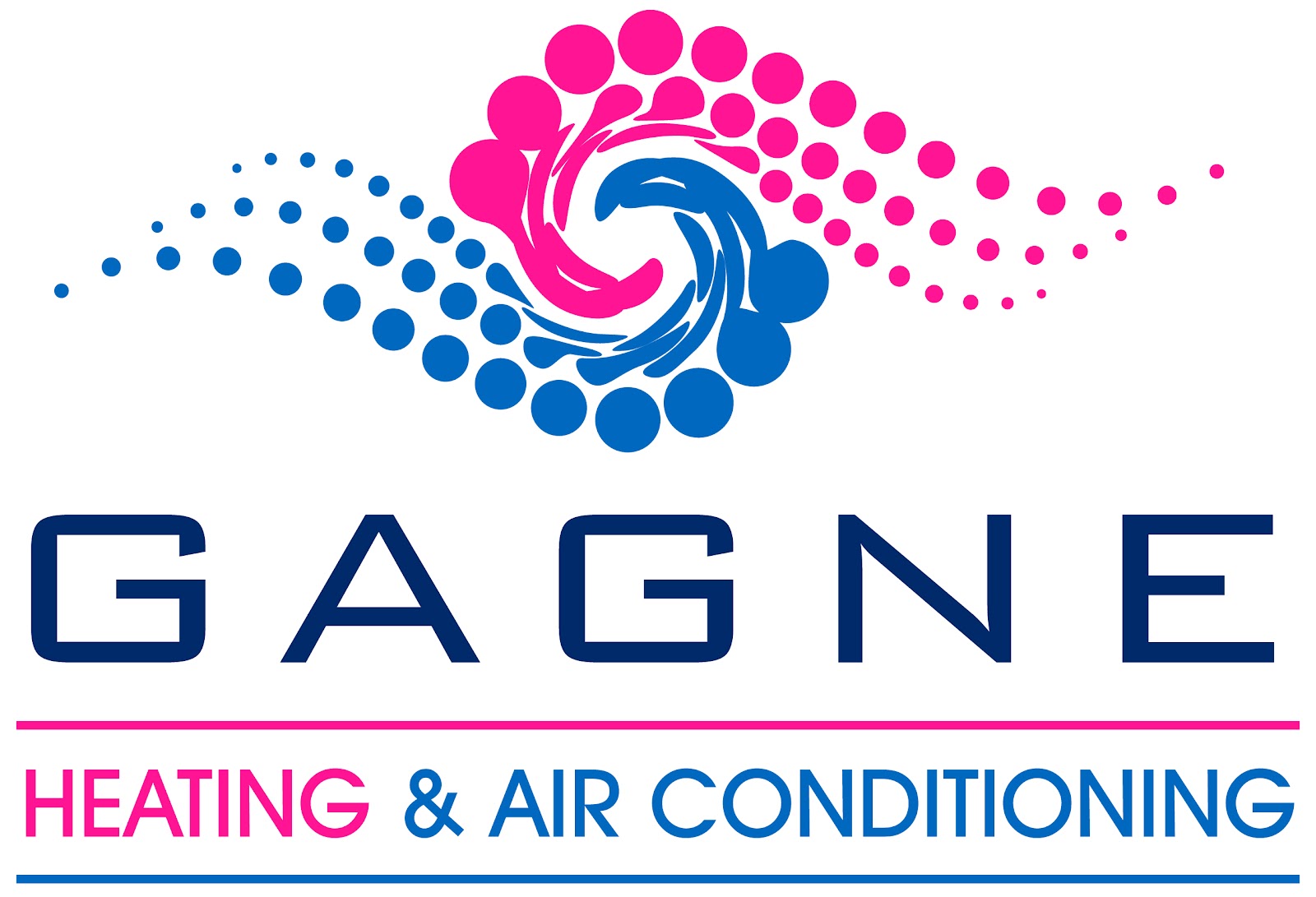It’s nearly springtime which means allergy season will be in full swing in just a few short weeks. And while we happily welcome the warm days and greenery after months of frosty temperatures and leafless trees, the cloud of pollen and other allergens that engulf the South every year around this time makes it difficult for many people to breathe.
Medicines can alleviate symptoms like runny noses and stuffed sinuses somewhat, but unless you plan on being drugged up on Benadryl or Claritin until the summer, we recommend allergy-proofing the places you spend most of your time—starting with your home.
Here are some basic steps you can take to avoid triggering your allergy symptoms at home:
- Keep house windows closed when the pollen count is high and turn on your air conditioning. Also, don’t turn on ceiling fans since this can stir up dust.
- Filter the air. AC air filters prevent pollen and other allergens from getting into the air conditioning system and being circulated throughout your home’s ductwork. Clean and replace your air filter often if necessary, especially before the high-pollen season to make sure no air particles get in.
- People who are seriously sensitive to pollen should consider installing a HEPA (high-efficiency particulate air) filter for improved allergy protection. HEPA filters get rid of tiny air particles that other filters miss by forcing air through a fine mesh that traps pollen, mites, pet dander and tobacco smoke.
- Keep the humidity level of your house under 50% to prevent mold growth. In especially temperate climates, humidity can be a real problem. Avoid this problem by installing a whole-house dehumidifier or placing portable dehumidifiers in areas in your home where mold tends to grow. (Tip: Most mold testing kits can be found at hardware stores and are fairly easy to use.)
- If you have pets, consider keeping them outside, or if they must be indoors, be sure to bathe them frequently and keep them out of the bedroom. Animal hair and dander are common allergy triggers for many people.
- Vacuum at least twice a week, and replace carpet with vinyl or wood flooring when possible. Carpet collects dust and pollen more readily. Also, limit throw rugs if you can.
- Wash bedding and other linens once a week.
- Don’t allow smoking in your house.
- Scrub shower curtains and bathroom tiles with bleach to kill mold.
- Replace dust-collecting drapes with window shades instead.
Something else you may want to consider is replacing your home’s existing HVAC system with a unit that filters outdoor air more efficiently. The best air conditioning systems use high efficiency filters and proper ventilation to reduce mold growth and other sources of allergy symptoms.
Allergy-proof your home today! Learn more about whole-house humidifiers by visiting whole-house-humidifier.html, or browse our blog and knowledge center for more information.
Call a local HVAC specialist at Gagne A/C to get a free professional inspection of your air conditioning and filtration system.
